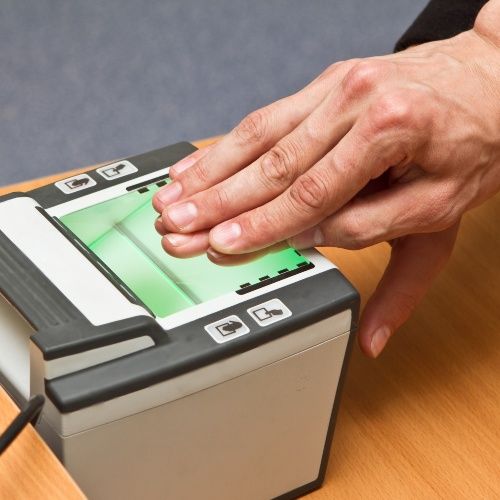Live scan is an electronic means to capture fingerprints in a precise manner. What makes
this system stand out, particularly for those who dread the idea of ink stains, is its
cleanliness. No more inky mess! But, beyond just the lack of ink, lies a realm of efficacy.
When we delve deeper into the heart of the live scan process, we observe the
juxtaposition of ultrasonic sensors working diligently. Theyre not just capturing the
superficial patterns, ridges, and whorls of our fingerprints but also encoding this data,
converting it into a format that modern electronic databases can process when needed.
The captured digital fingerprints are transmitted almost instantaneously to governmental
bodies for background checks, identity verification, or other security-related necessities.
This technology is miles away from the snail-paced postal system previously employed to
send physical fingerprint cards, which could take weeks. The granularity of the data
captured, the decreased likelihood of errors, and the ease of storage offer a compelling
narrative for why live scan fingerprinting has become the de facto standard for professions
that require rigorous background checks. Think police officers, educators, caregivers, and
those seeking to volunteer at their local community centers. However, as with all
technology, live scanning also brings challenges. The need for continuous upgrades to
stay ahead of cyber threats, potential system downtimes, and the requirement for
specialized training to operate these systems are aspects to consider. Nevertheless, the
plethora of advantages and evolving technology make it evident that live scan is here to
stay. It will continue to redefine the landscape of biometric data capture in the future.


